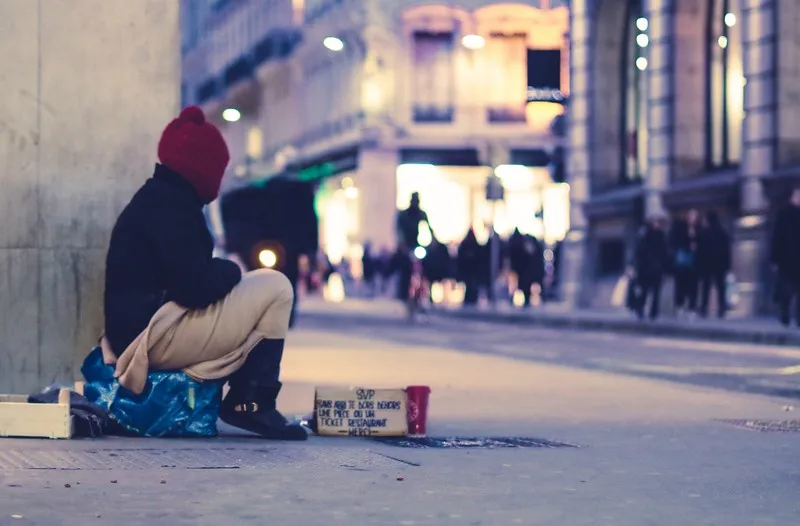In the field of sociology, scrounger narratives are a concept that explores the way individuals and groups are portrayed as “scroungers” or “freeloaders” within society. These narratives often emerge in discussions surrounding welfare, social assistance, and poverty. In this article, we will outline and explain the concept of scrounger narratives, their impact on society, and the underlying factors that contribute to their formation.
Defining Scrounger Narratives
Scrounger narratives refer to the negative stereotypes and perceptions associated with individuals or groups who are seen as taking advantage of social welfare systems or public resources without contributing their fair share. These narratives often depict these individuals as lazy, undeserving, and dependent on the generosity of others.
Scrounger narratives can be found in various contexts, such as media representations, political debates, and everyday conversations. They tend to perpetuate the idea that poverty is a result of personal failings rather than structural inequalities or systemic issues.
The Impact of Scrounger Narratives
Scrounger narratives have significant consequences for both individuals and society as a whole. They contribute to the stigmatization of marginalized groups, leading to increased social exclusion and discrimination. These narratives can reinforce existing power dynamics and perpetuate social inequalities.
One of the main impacts of scrounger narratives is the erosion of empathy and compassion towards those in need. By portraying individuals as “scroungers,” society may become less willing to support social welfare programs or provide assistance to those who require it. This can further marginalize vulnerable populations and hinder efforts to address poverty and inequality.
Moreover, scrounger narratives can also affect the self-perception and well-being of individuals who are targeted by these narratives. Being labeled as a scrounger can lead to feelings of shame, guilt, and worthlessness, which can have detrimental effects on mental health and overall quality of life.
Factors Contributing to Scrounger Narratives
Several factors contribute to the formation and perpetuation of scrounger narratives within society:
- Media Influence: Media plays a crucial role in shaping public opinion and constructing narratives. Sensationalized stories and biased reporting can reinforce negative stereotypes and contribute to the spread of scrounger narratives.
- Political Discourse: Politicians and policymakers often use scrounger narratives as a way to appeal to certain voter bases or advance specific agendas. This can further solidify these narratives in public discourse.
- Economic Insecurity: During times of economic uncertainty, scrounger narratives tend to become more prevalent. The fear of limited resources can lead to the scapegoating of certain groups as “scroungers” who are seen as a threat to the well-being of society.
- Confirmation Bias: Individuals may be more likely to believe and perpetuate scrounger narratives if they align with their pre-existing beliefs or prejudices. Confirmation bias can hinder critical thinking and perpetuate stereotypes.
Challenging Scrounger Narratives
To combat scrounger narratives, it is essential to promote a more nuanced understanding of poverty and social welfare. This can be achieved through:
- Educational Initiatives: Educating the public about the complexities of poverty and the factors that contribute to it can help challenge simplistic and harmful narratives.
- Media Responsibility: Encouraging media outlets to provide balanced and accurate representations of individuals and groups who rely on social assistance can help counteract scrounger narratives.
- Policy Reforms: Implementing policies that address the root causes of poverty and inequality can help challenge the perception that individuals are solely responsible for their circumstances.
- Community Engagement: Fostering empathy and understanding within communities can help combat the stigmatization of marginalized groups and promote a more inclusive society.
Conclusion
Scrounger narratives are a sociological concept that highlights the negative stereotypes and perceptions associated with individuals and groups who rely on social welfare systems. These narratives have significant impacts on individuals and society, perpetuating social inequalities and hindering efforts to address poverty. By understanding the factors that contribute to scrounger narratives and actively challenging them, we can work towards a more compassionate and inclusive society.





